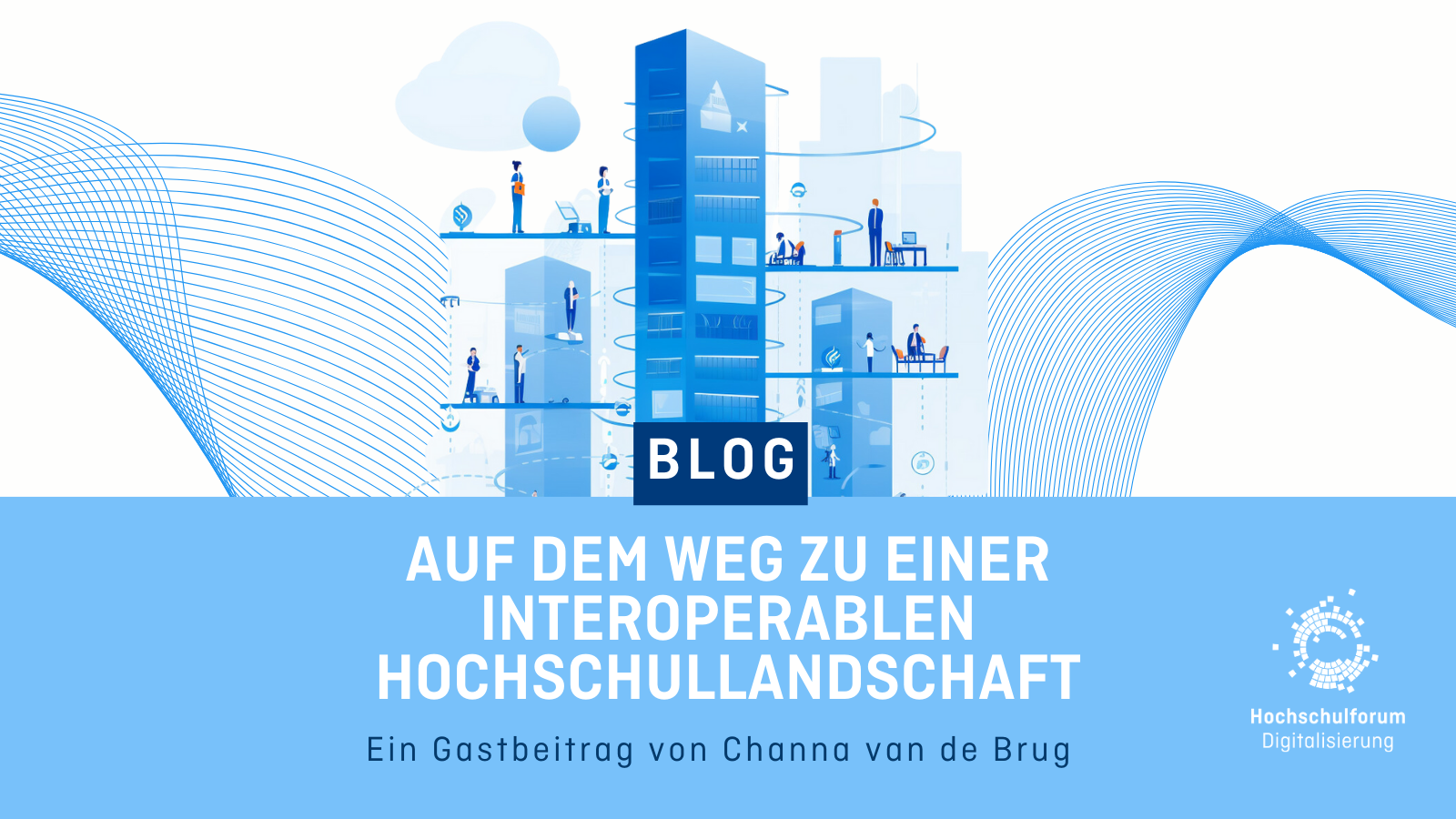Problem-Based Learning an der Universität Maastricht: Bottom-Up zur “Blended University”?
Problem-Based Learning an der Universität Maastricht: Bottom-Up zur “Blended University”?
26.07.22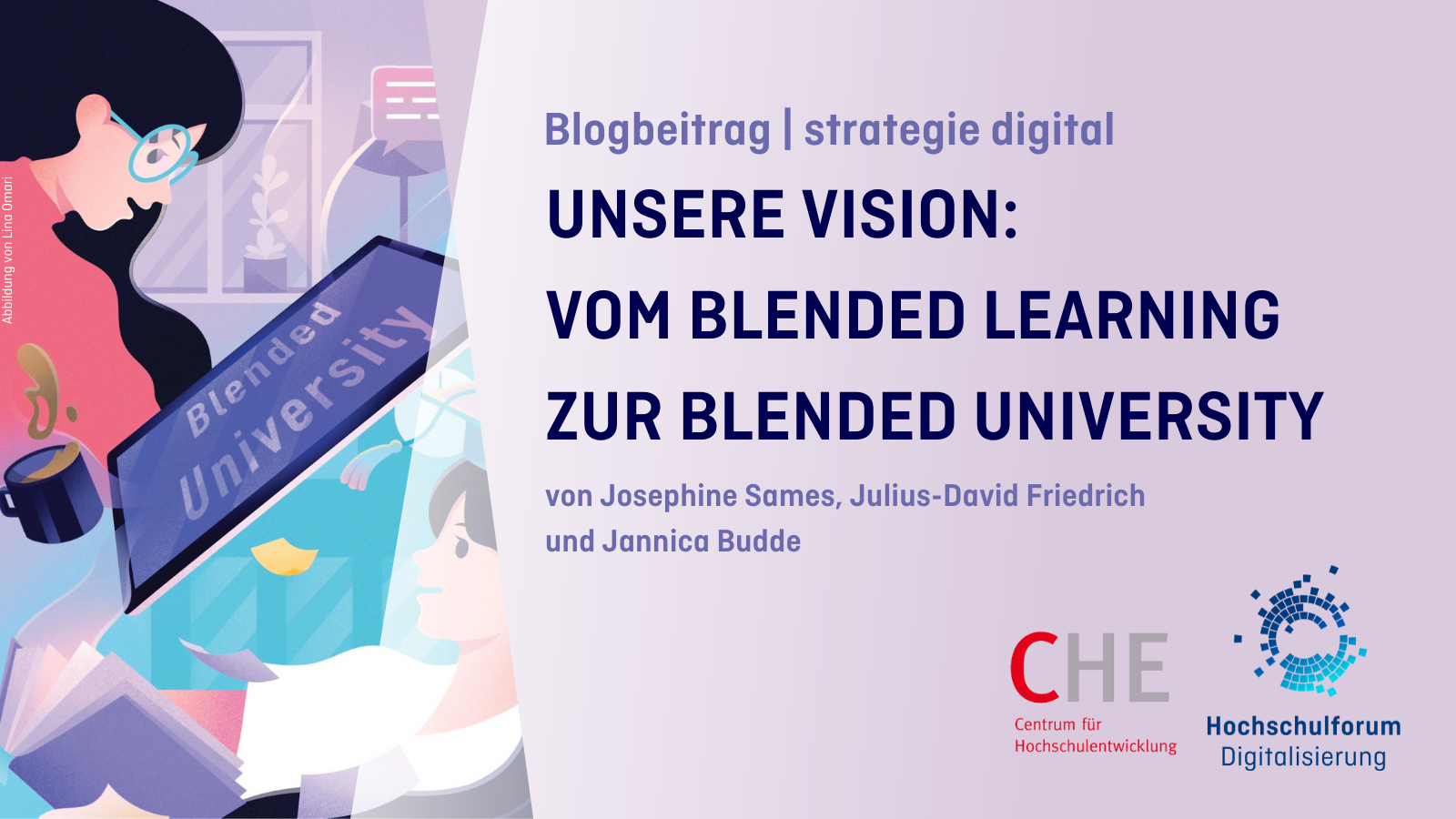
Die Universität Maastricht war eine der ersten Hochschulen weltweit, die den Problem-Based-Learning-Ansatz umsetzte: Studierende lernen nun selbstbestimmt und praxisorientiert in wechselnden Kleingruppen, die durch Tutor:innen begleitet werden. Das Studium lebt so von persönlichem Austausch und der Interaktion, auch die Räumlichkeiten auf dem Campus spiegeln dies wider. Um den sich ändernden Bedürfnissen von Lehrenden und Lernenden dynamisch begegnen zu können, gründete die Universität Maastricht 2015 das Institut EDLAB – The Maastricht University Institute for Education Innovation. EDLAB wirkt in alle Fakultäten der Universität hinein. Für unser Strategie-Magazin strategie digital haben wir Walter Jansen und Stella Wasenitz von EDLAB zu ihrer Arbeit befragt. Deutlich wird: Digitalisierung ist kein Selbstzweck, sondern ein wichtiger Baustein für qualitativ hochwertige Hochschulbildung.
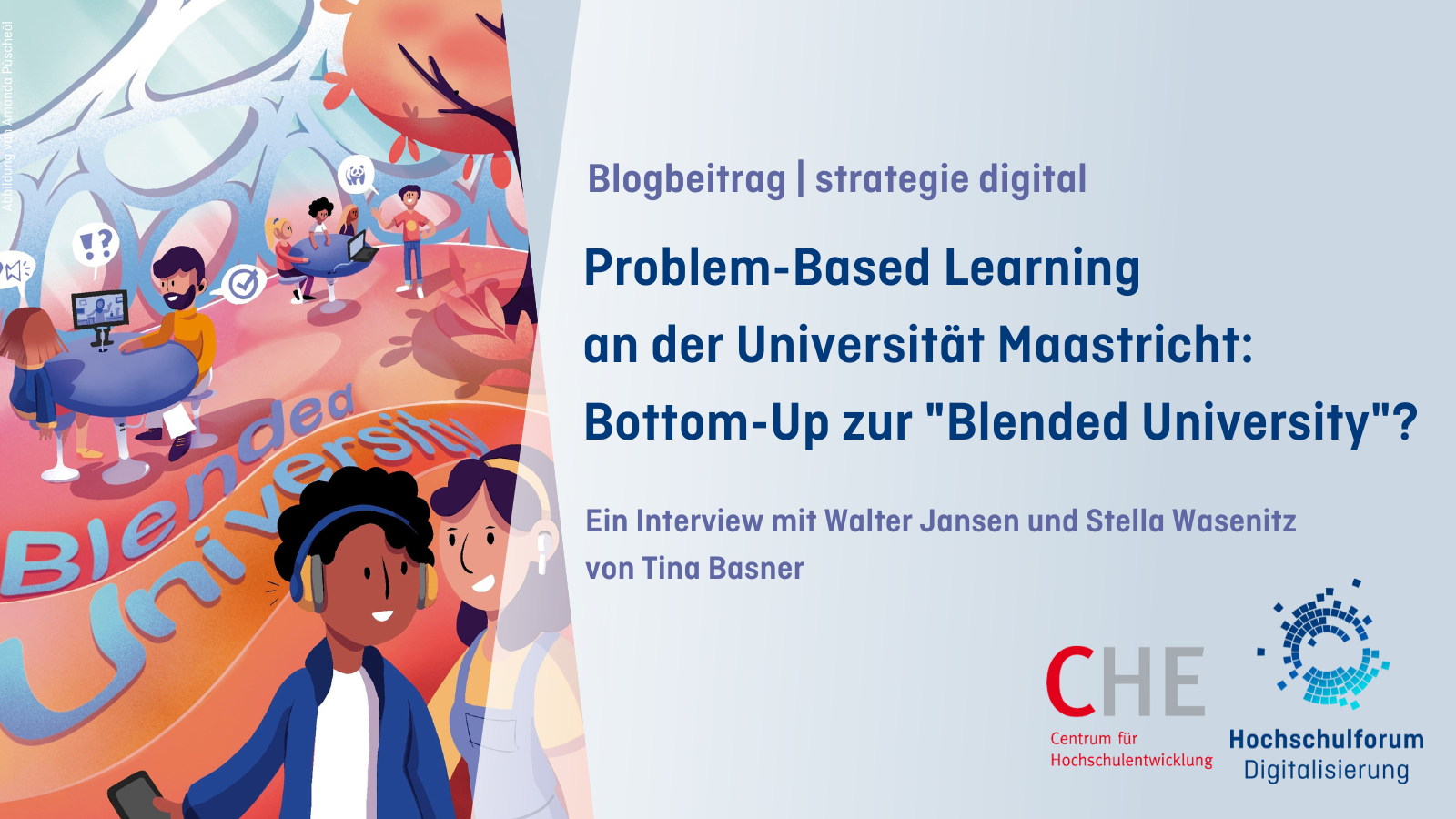
Walter Jansen ist bei EDLAB als Koordinator für den Bereich Innovationen in der Lehre tätig. In seinen Aufgabenbereich fällt neben der Strategieentwicklung auch die Konzeption, Koordination und Betreuung universitätsweiter Projekte und Aktivitäten zur Innovation der Lehre im Kontext von Problem-Based Learning.
Stella Wasenitz lernte den Problem-Based-Learning-Ansatz als Studentin in Maastricht kennen. Nach ihrem Studium der Pädagogik und Bildung in den USA kehrte sie nach Maastricht zurück, wo sie bis März 2022 für EDLAB Projekte zur Studierendenpartizipation betreute und den Lehrendensupport im Bereich blended Problem-Based Learning weiterentwickelte. Heute ist sie an der Universität Köln tätig.
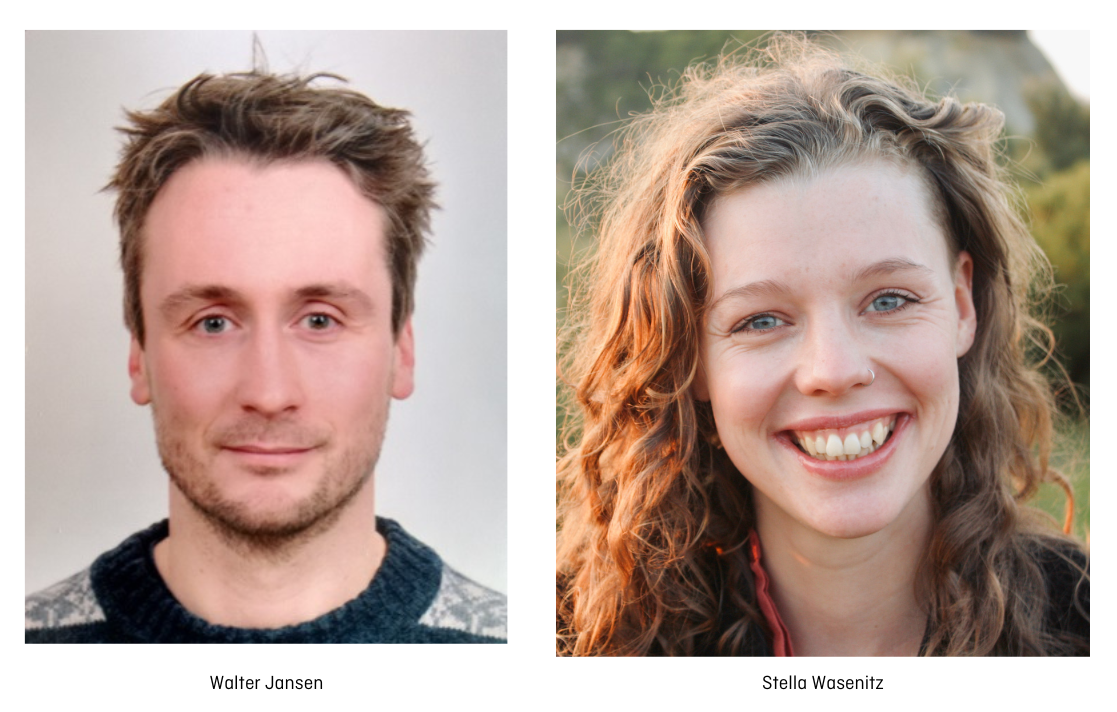 HFD: Problem-Based Learning is a way of learning which traditionally involves a lot of physical interaction among the students on campus. How did you realize the ad-hoc transformation of Problem-Based Learning to “digital-only”- settings under Covid-19 restrictions?
HFD: Problem-Based Learning is a way of learning which traditionally involves a lot of physical interaction among the students on campus. How did you realize the ad-hoc transformation of Problem-Based Learning to “digital-only”- settings under Covid-19 restrictions?EDLAB: In the first instance, we had to cope with the new situation just like other universities. Our “emergency mode” included the immediate supply of video conference and digital collaboration tools, an online collection of knowledge and information resources on digital teaching and a comprehensive high-speed training for our educators. After this first phase of trouble-shooting, we started to reflect on the situation in more detail. We conducted surveys among students and teachers and recognized that, despite the difficulties they faced under the restrictions of the lockdown, there was also positive feedback on the new opportunities of digital teaching and learning elements. To explore the potential of digitized formats in the context of Problem-Based Learning, we set up the one-year research project EDvance, which focuses on good blended practices in education.
HFD: Can you tell us a bit more about the EDvance project? 
EDLAB: The aim of the project is to compile and disseminate evidence-based good practices in (blended) education, which support the Problem-Based Learning principles of constructive, contextual, collaborative, and self-directed learning (CCCS). The first findings of the project show that the Maastricht University community embraces the idea that the use of technology in education is a means to an end. Good practices in blended education start from having intended learning outcomes constructively aligned with the design, delivery and assessment of education. The output will contain examples of educational practices that teachers can easily integrate into their courses. The results of the EDvance project are now accessible on the EDLAB website.
HFD: Based on your findings: Which blended learning formats worked well under Covid-19 restrictions, and why? Can you give us some insights into your lessons learned?
EDLAB: We consider the students’ ability to deal with technologies within their studies and post-graduation as a learning outcome. So, we do not see digitization as an end in itself, but as an opportunity to empower our students and to diversify our Problem-Based Learning formats. Lectures in Problem-Based Learning, for example, are about the same as lectures in traditional educational models. Yet through a flipped classroom approach lectures become active and interactive, with regards to knowledge acquisition and collaborative creation of knowledge. Flipped classroom lectures give students a more active role with regards to deciding on the content, increasing the student’s self-directedness, allowing them to better close knowledge gaps.
Another lesson learned refers to the formative assessment of the students. Formative assessment – in terms of formative feedback, intermediate tests, multiple test moments and methods – has already been an important aspect of assessment at Maastricht University. With blended tools in a remote learning setting, we saw an increase of asynchronous assessment (non-real time). We used more small, low-stake and open-ended assessments rather than one big exam at the end, e.g. through blog posts, creating wiki’s, podcasts (also by tutors) or photologs. This increased the self-assessment through feedback and students commenting on each other’s work. In a way, it initiated collaboration between students on the basis of students’ asynchronous work rather than e.g. writing an individual paper. Students engaged with each other’s material. 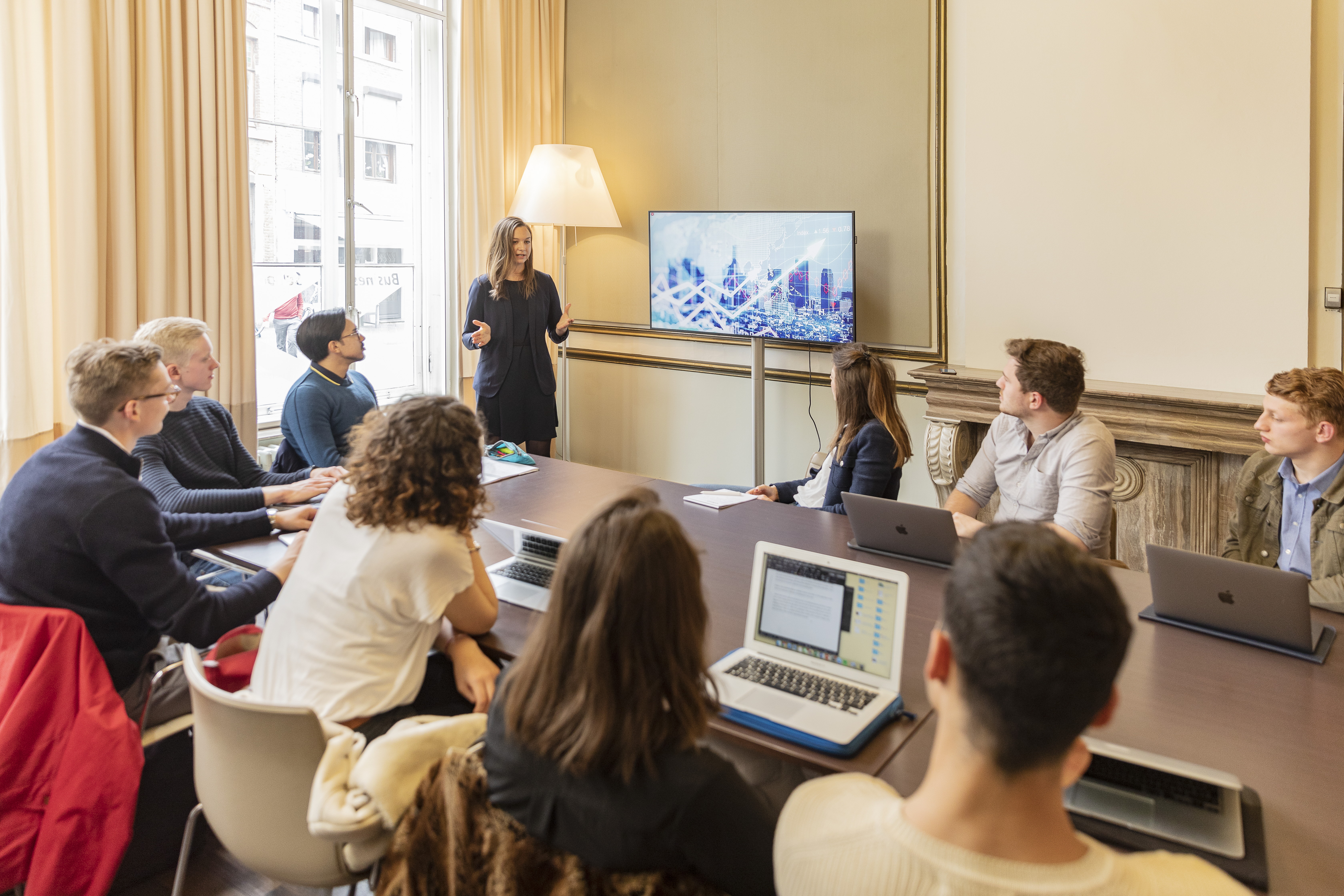
HFD: And how do you ensure that these positive effects remain?
EDLAB: What EDLAB provides is didactic know-how and space for knowledge co-creation, experimentation and consultation. With our teacher professionalization programs and our applied educational research, we create the basis for future-oriented teaching and learning and build upon the experience we made during the pandemic. The Maastricht University faculties have local support units when it comes to ICT [information and communications technology] and education, professionalization and educational quality. In addition to the existing support offer, the Technology Enhanced Education project, situated within EDLAB, coordinates resources and infrastructures to support the above activities and make them more accessible and visible within our university community.
HFD: What is your future vision and strategy for Problem-Based Learning at Maastricht University? Is the future blended?
EDLAB: The latest strategic program (2022-2026) indeed highlights Technology Enhanced Education, forging Problem-Based Learning and technology. However, there is no top down strategy enforcing a ‘blended transformation’, but we see a development towards an institutional knowledge – and digitisation infrastructure, allowing academic staff to integrate blended learning into their educational practice.
HFD: Where do you see the future role of EDLAB? How will EDLAB shape the digital transformation of Problem-Based Learning in Maastricht?
EDLAB: Our main goal is still the improvement of Problem-Based Learning as the core teaching and learning concept in Maastricht. EDLAB offers full support to elaborate and develop digital formats and provides respective information and know-how. We coordinate Maastricht University-wide innovation projects, offer consultancy on educational questions, provide funding for education innovation projects through our EDLAB grants and help to build infrastructure to put them into practice.
Nevertheless, on the precondition of existing institutional and faculty digital educational infrastructures and with the availability of teacher professionalization and support, it is up to our academic staff to integrate blended learning methods into their courses, related to the course learning goals, learning activities and assessment.
Problem-Based Learning in a nutshell
Problem-Based Learning, zu deutsch “Problembasiertes Lernen”, ist ein Lehr- bzw. Lernkonzept, das vorsieht, dass die Lernenden sich in kleinen Gruppen weitestgehend selbstständig eine vorgegebene Problemstellung erschließen und gemeinsam Lösungen erarbeiten. Neben den Fachinhalten ist das Erlernen von Future Skills ein wichtiges Ziel der Ausbildung. An der Universität Maastricht ist Problem-Based Learning von Anfang an fester Bestandteil des didaktischen Konzepts.
Die folgenden Aspekte sind kennzeichnend für Problem-Based Learning an der Universität Maastricht:
- Lernen in Teams von 10 bis 15 Studierenden
- Authentische Problemstellungen aus der fachlichen Praxis
- Begleitung (nicht: Leitung) durch Tutor:innen
- Asynchrone Selbstlernphasen im Wechsel mit intensiver Gruppenarbeit
- Lernen nach dem CCCS-Prinzip: constructive (konstruktiv), collaborative (kollaborativ), contextual (kontextgebunden) und self-directed (selbstgesteuert)
Weitere Informationen finden Sie auf dem Youtube-Kanal der Universität Maastricht:
Die vollständige Version dieses Beitrags lesen Sie in der zweiten Ausgabe von strategie digital. HIer finden Sie außerdem weitere Beiträge zum Thema, eine Studie, Fallbeispiele und Interviews rund um die “Blended University”.
Sie möchten keine Ausgabe verpassen? Schreiben Sie uns eine Nachricht an strategie-digital[at]hochschulforum.org. Wir nehmen Sie gern in unseren Verteiler auf.
Ansprechpartnerin für das Magazin ist Josephine Sames.

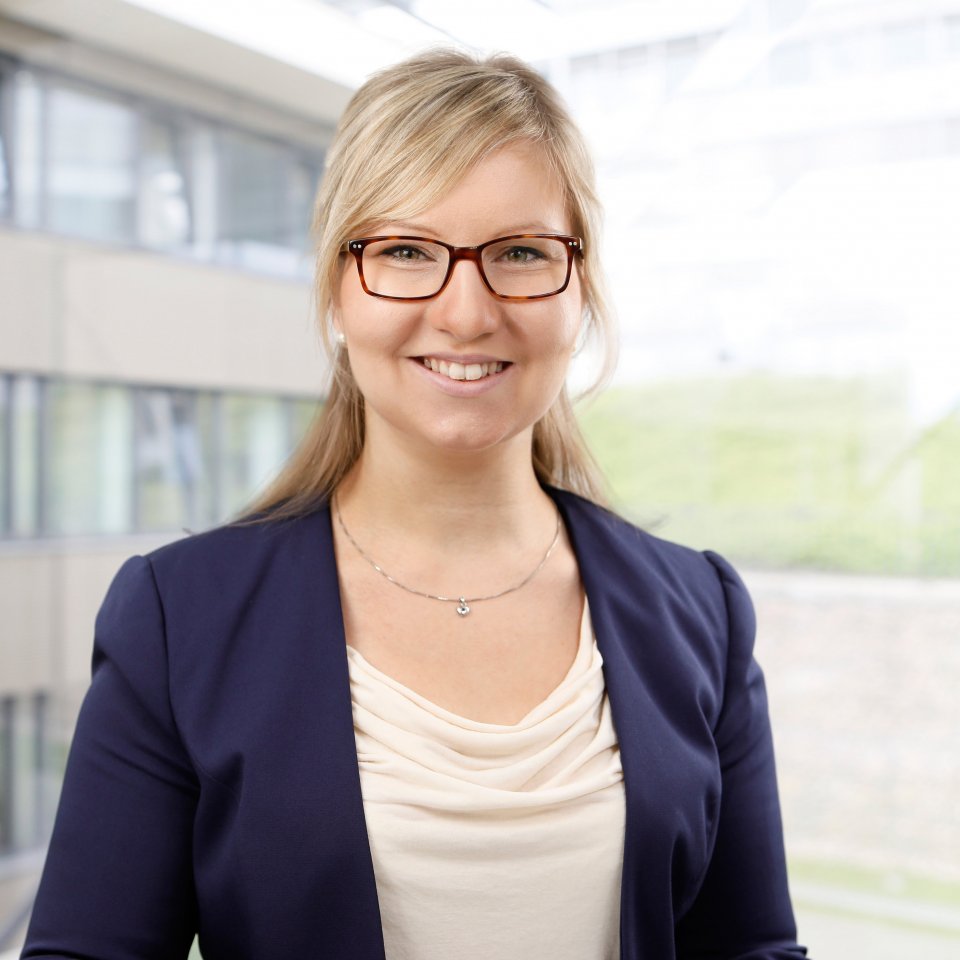

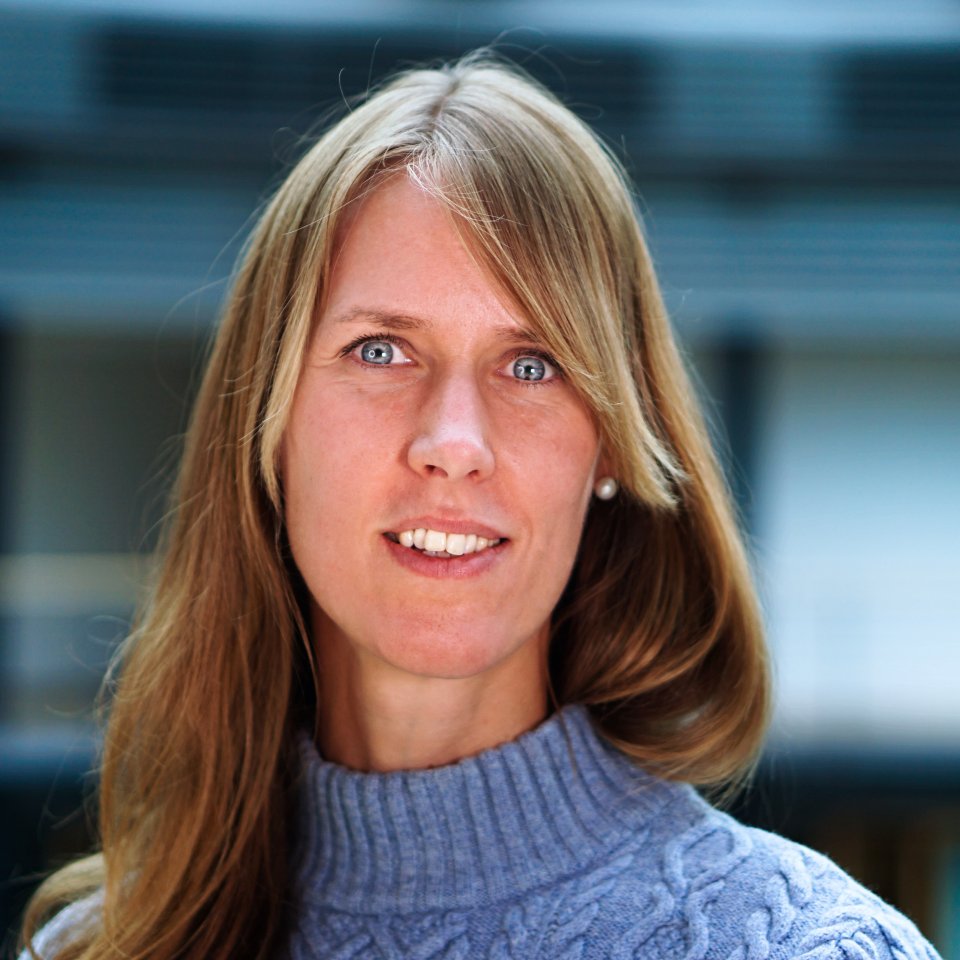 Channa van der Brug
Channa van der Brug 